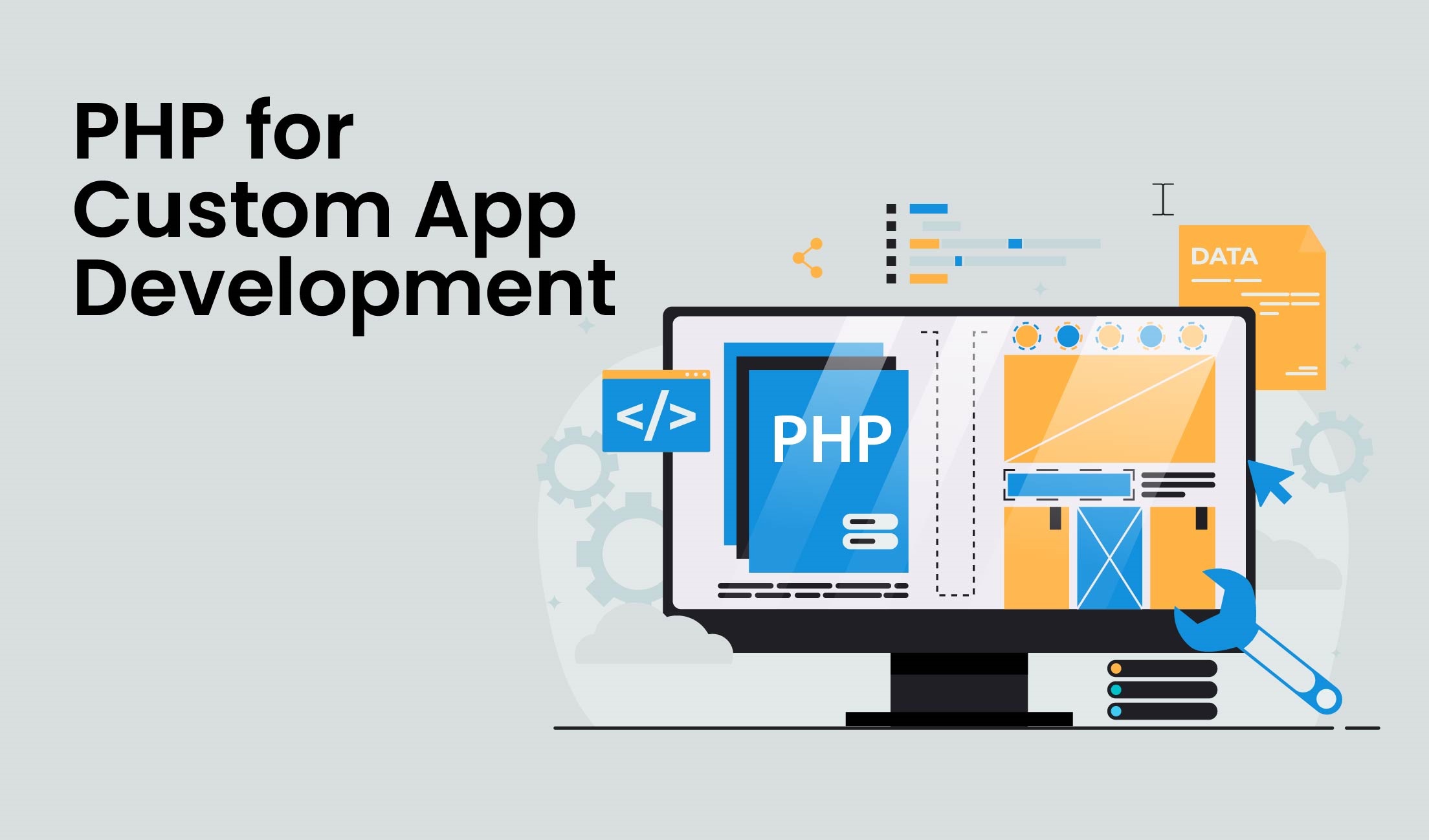Rise by Six: Your Daily Dose of Inspiration
Explore insights and stories that elevate your day.
PHP in a Nutshell: Code Like a Pro
Unlock PHP mastery! Dive into our blog for pro tips, tricks, and essential code insights to elevate your programming skills today!
Understanding PHP: Key Concepts Simplified
PHP, which stands for Hypertext Preprocessor, is a widely-used server-side scripting language designed specifically for web development. Its primary purpose is to enable developers to create dynamic content that interacts with databases. Understanding the key concepts of PHP is essential for any aspiring web developer. Some fundamental concepts include variables, data types, arrays, and control structures. Variables in PHP are represented by a dollar sign ($) followed by the variable name, allowing developers to store and manipulate data effectively.
Another crucial aspect of PHP is its ability to manage forms and sessions, making it a powerful tool for creating interactive web applications. Below are some key features of PHP that simplify the development process:
- Easy Integration: PHP integrates seamlessly with various databases such as MySQL.
- Frameworks: Popular frameworks like Laravel and Symfony enhance the development experience by offering pre-built functions.
- Community Support: A vast community provides numerous resources and documentation to assist developers.
By mastering these concepts, developers can leverage PHP to build robust and efficient web applications.

Top 10 PHP Best Practices for Clean Code
When it comes to writing clean and maintainable code in PHP, following best practices is essential. One fundamental practice is to consistently use indentation and spacing. This simple yet powerful technique enhances the readability of your code, making it easier for you and others to understand the logic at a glance. Additionally, commenting your code is crucial; it helps explain complex sections and serves as a useful reference for future modifications. Furthermore, consider using descriptive variable and function names that convey their purpose, allowing other developers to grasp the functionality without extensive explanations. Here are some more important practices to keep in mind:
- Use Object-Oriented Programming (OOP) principles to structure your code more effectively.
- Follow the PSR standards for coding style, ensuring consistency across your project.
- Utilize version control, such as Git, to track changes and collaborate with others.
- Limit the use of global variables to maintain encapsulation and reduce side effects.
- Optimize your code for performance by avoiding unnecessary computations.
By adhering to these PHP best practices, you can significantly improve not only the quality of your code but also the overall efficiency of your development process.
Common PHP Errors and How to Fix Them
When working with PHP, developers often encounter various errors that can disrupt their coding efficiency. Some of the common PHP errors include syntax errors, runtime errors, and logical errors. A syntax error occurs when the PHP code does not conform to the language's grammar, often due to missing semicolons or mismatched parentheses. To fix these, carefully review the code and ensure all statements are properly terminated. Runtime errors are another frequent issue, typically arising from incorrect variable handling or function calls. To address these, utilize built-in functions such as isset() and empty() to check variable states before using them.
Another significant category of common PHP errors is related to database connections and queries. For instance, failure to connect to a MySQL database might lead to warnings or fatal errors. Ensuring that the credentials, including the database name and user credentials, are correct can often resolve this. Additionally, if a query fails, employing mysqli_error() can provide insight into the issue at hand. Moreover, practices such as validating user input and using prepared statements can prevent SQL injection attacks and enhance security, thus minimizing the potential for errors.